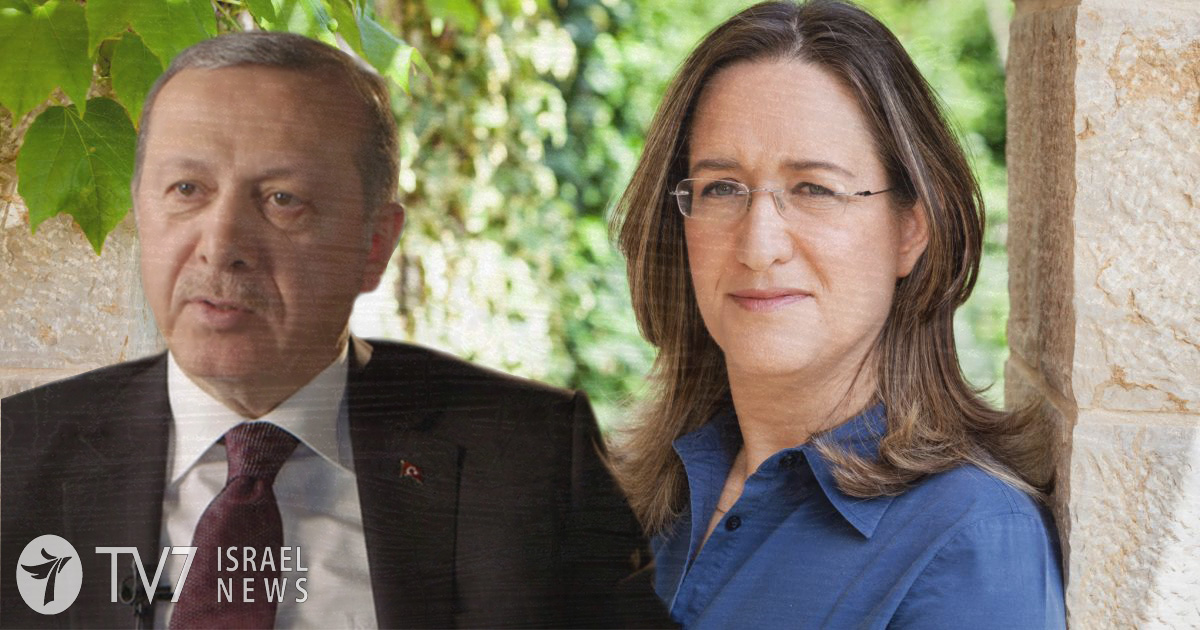Turkish President Recep Tayyip Erdogan gave an hour-long exclusive interview to an Israeli current affairs TV program; making it the first time the Turkish leader has spoken to Israeli media. The interview came several days after Erdogan named a new ambassador to Israel, reciprocating a move by Prime Minister Benjamin Netanyahu a day earlier; finalizing a process based on an agreement that aims at restoring diplomatic ties between Ankara and Jerusalem. During the interview, which was held in Ankara for Israel’s channel 2 Uvda TV magazine, Erdogan answered questions regarding regional issues, including the recent victory by US President-elect Donald Trump. When asked about Trump’s comments regarding Muslims during the election campaign, Erdogan said that all slogans during Trump’s campaign can be pushed aside, as the President-elect has already corrected himself on recent declarations.
“But you know that as a Muslim you might have to think twice before you come to the U.S. now that Trump is the president, given everything he said about Muslims in his election campaign,” said Ilana Dayan the channel 2 Uvda anchor. “Now, all that has been said in the political arena (during the campaign), can be put aside afterwards. We can sit and talk about all of this with Trump. I called Trump the day after he won, he answered the phone and I talked with him. We agreed that there’s a lot to be done with regard to Turkey-US relations in the future. But I don’t think at all that he will adopt such a (negative) approach towards Muslim. As a matter of fact, he already corrected himself on this issue in this recent declarations,” said Erdogan.
The Turkish leader also stressed during his interview that “a country without a strong leader will go down”. Turkey and Israel reached an agreement in June, to normalize relations between the two countries – a rapprochement believed to be driven by the prospect of lucrative Mediterranean gas deals as well as mutual fears over security risks in the Middle East. Israeli-Turkish relations broke down in 2010 when 10 Turkish pro-Palestinian activists were killed by Israeli commandos enforcing a naval blockade on the Hamas-run Gaza Strip. The soldiers had raided the Turkish ship, the Mavi Marmara, which led a flotilla aimed at breaking an Israeli blockade that was imposed in a bid to thwart the internationally recognized terror group Hamas from smuggling weapons into the Palestinian territory. As part of the agreement between Ankara and Jerusalem, Israel agreed to pay some 20 million dollars to the families of those killed on the Turkish vessel.
